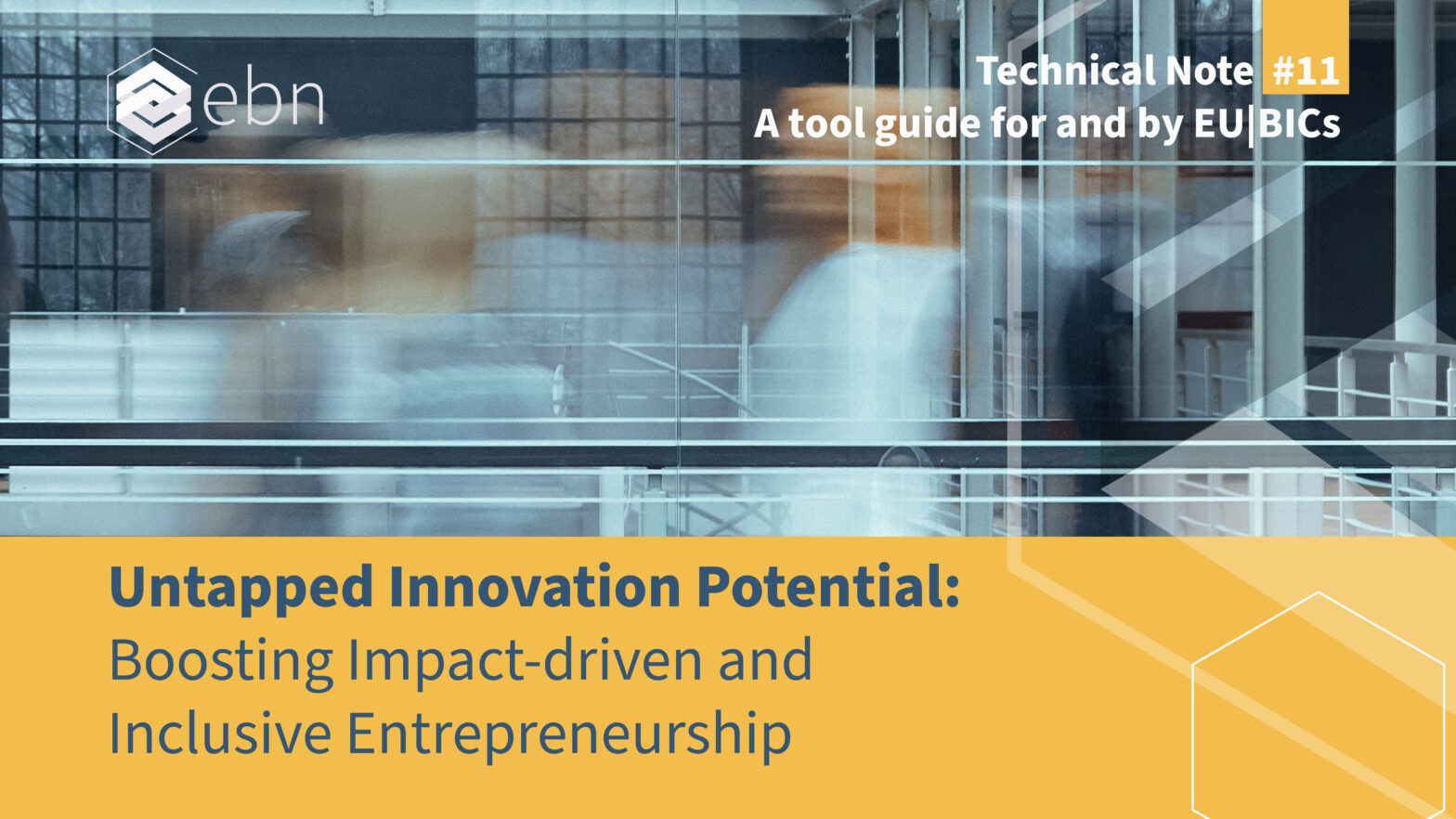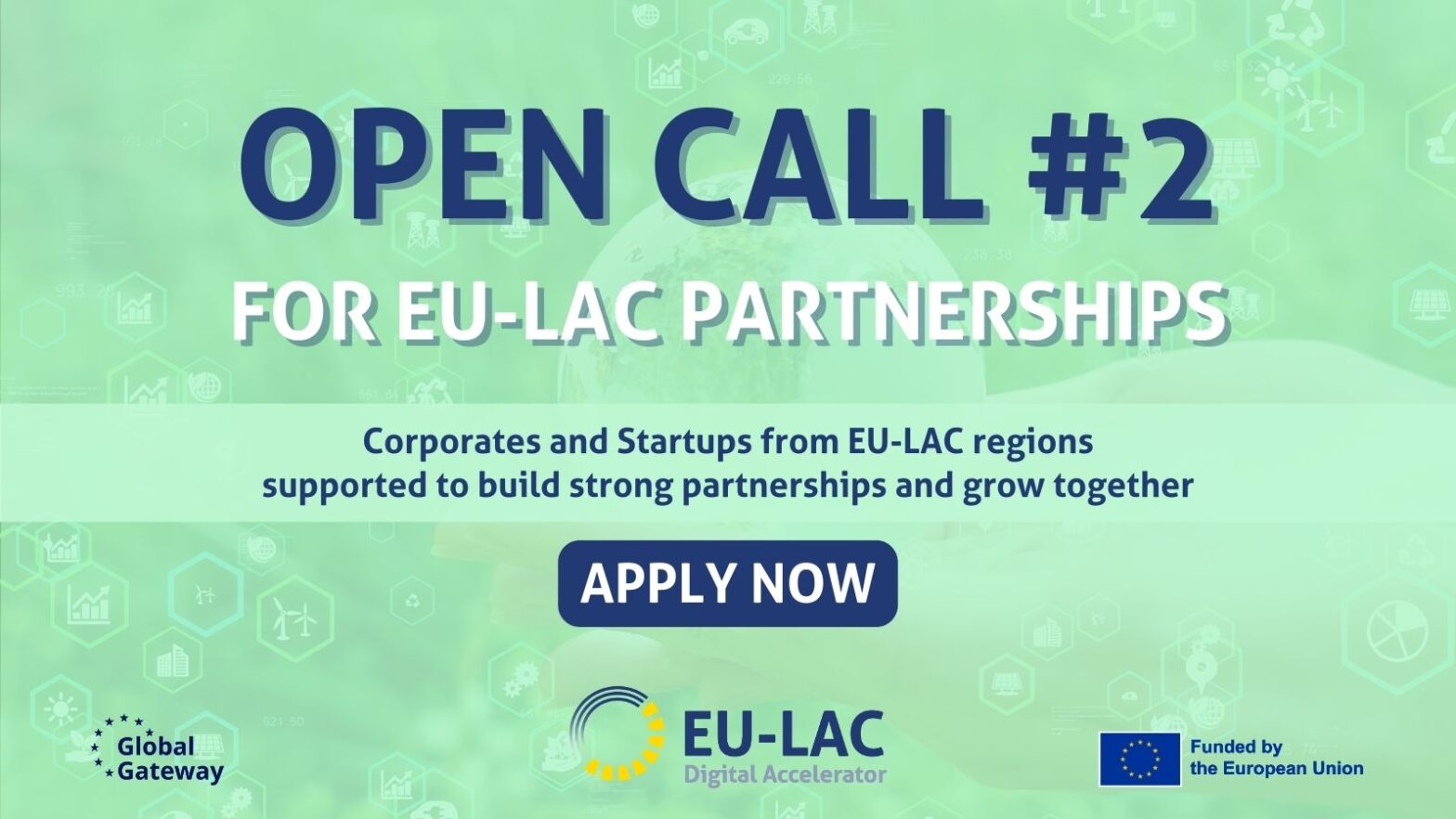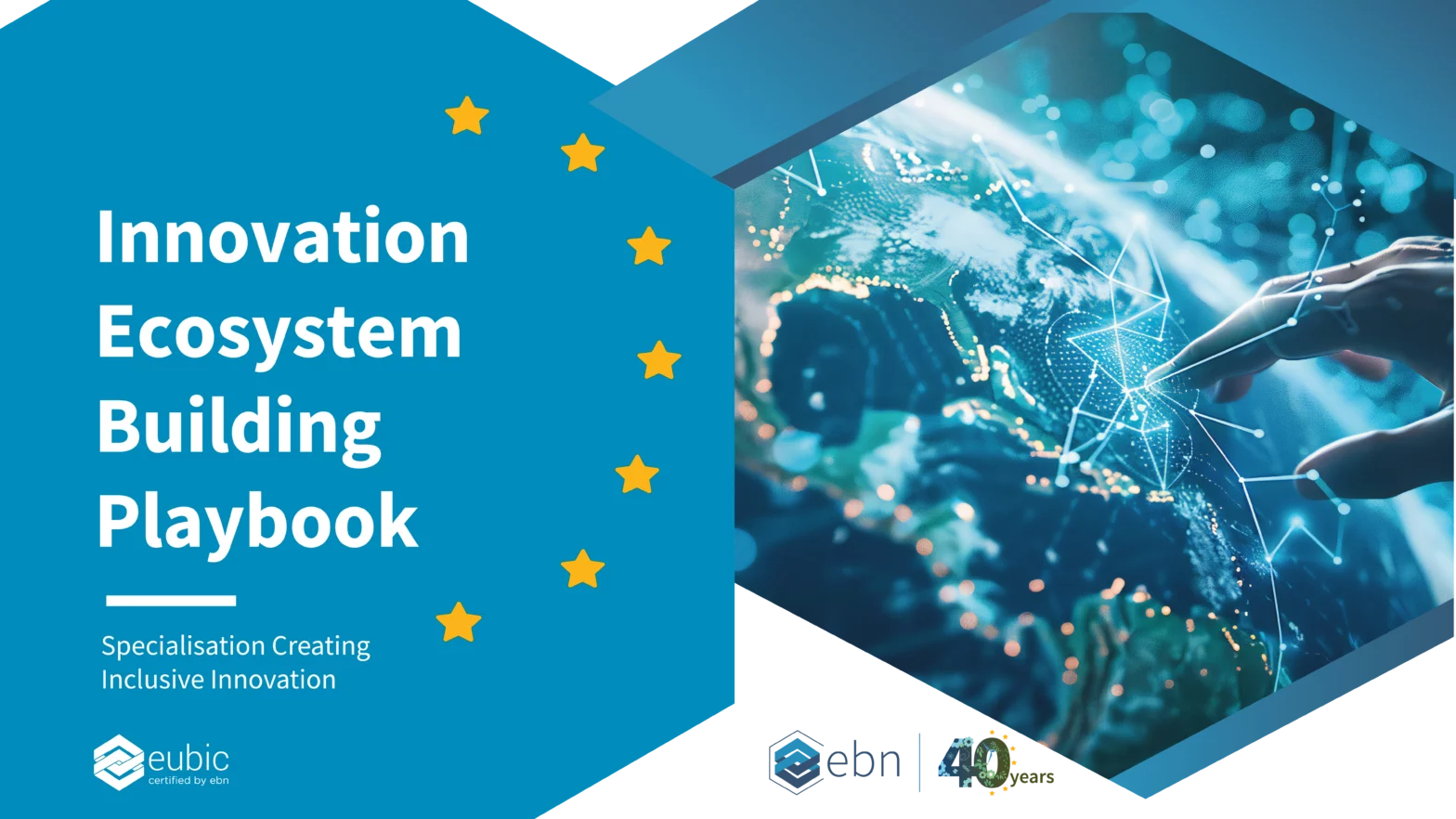TN#11:Untapped Innovation Potential - Boosting Impact-driven and Inclusive Entrepreneurship

As far as diversity management practices are concerned as a way to ensure companies’ workforce to be more able to face societal challenges… the need to be capable to support new entrepreneurs with such competencies is a must-have for a BSO that wants to be in line with the recent trends of a big corporation
Kristian Mancinone, EU|BIC Associate ART-ER
Business support organizations (BSOs) have an important role in promoting the integration of social and environmental concerns into business strategies. They assist the next generation of entrepreneurs in accessing capital markets and ensure that their activities contribute to the well-being of the communities where they operate. BSOs also support a diverse range of entrepreneurs and impact-focused companies.
BSOs can expand their role by offering capacity-building and support services to innovative small and medium-sized enterprises working towards sustainability and can help social and underrepresented entrepreneurs turn their ideas into successful businesses and access new funding and market opportunities. Inclusive entrepreneurship, or business creation by underrepresented and disadvantaged groups, can create jobs, stimulate economic growth, and combat social and financial exclusion. Social enterprises, which prioritize social and environmental goals, have also been shown to be agents of inclusive growth.
Re-evaluating incubation models and entrepreneurial ecosystems to be more inclusive, sustainable, and impact-oriented is crucial for supporting impact-driven ventures that aim to make a positive impact on society. Aligning the goals of investors and founders is essential for positive convergence in investment relationships, and systems innovation can be used to adjust misaligned or malfunctioning relationships. Systems innovation can also help founders understand their product market fit in a more resilient way, and can improve venture performance by observing feedback loops between investors, founders, and customers. Impact investing that focuses on the long-term sustainability of ventures can make sense from a systems innovation perspective, and it is important to consider the overall impact of an investment rather than just its financial return. Venture builders should also consider the ethical implications of their investments, and aim to build ventures that have a positive impact on society and the environment.
With the support of the European Commission, through the Better Incubation program, the EU|BIC community is exploring the best methodologies for including women, migrants and refugees, youth, seniors, and people with disabilities in entrepreneurial spaces. By better understanding the challenges and opportunities faced by these groups, Better Incubation is finding ways to support their inclusion in the business and entrepreneurship ecosystem. These groups often face barriers to entrepreneurship, including lack of access to finance, lack of role models or connections, and cultural and societal barriers. By supporting their inclusion, the social economy can become more diverse and inclusive, and contribute to a more distributed sense of well-being.







